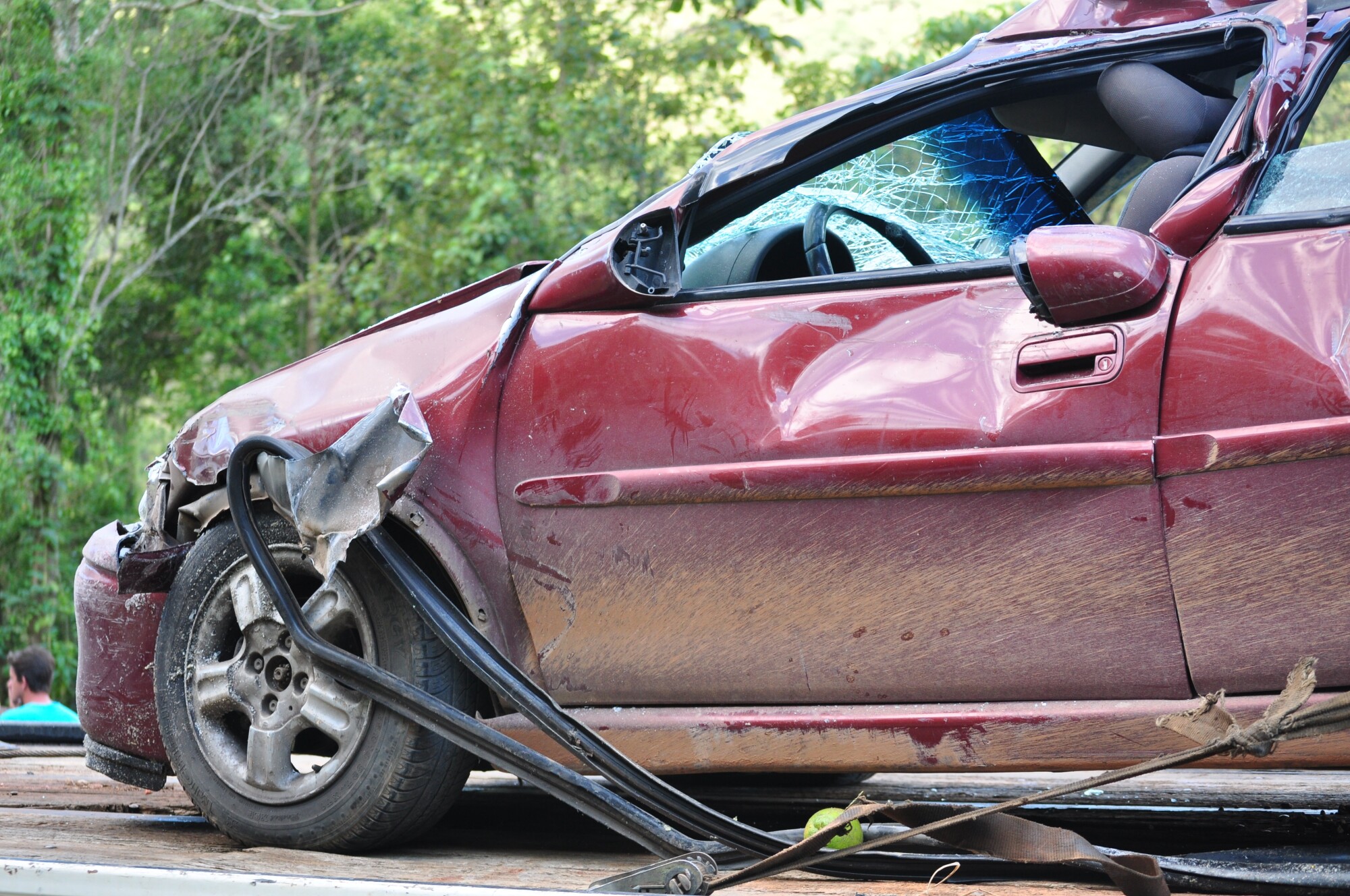Have you been in an accident?
Hey, it happens to the best of us. You round a turn or close a blind spot too rapidly, and you hit a tree or another vehicle. Your car got hit, and now it’s crumpled, dented, cracked or in other messed up states.
You immediately call for insurance, but as you look at your crashed car, you’re wondering if you even want a repaired one back or if you would prefer to get a new ride.
How should you approach making insurance claims? How will the cost influence the case? What happens after the car crash?
This can be a tough decision, but here are some things to consider before making up your mind.
The Cost of Repairs
Start by researching the cost of repairing and replacing your car. If you’re considering a new car, get an estimate of the trade-in value of your current car. Furthermore, research the cost of repairs that your current car may need.
Also, consider the cost of auto insurance and the cost of registration and inspections. Ultimately, if the cost of a vehicle repair is lesser than that of a new car, go for the repairs. If the cost of repairs is significantly more than the cost of buying a new car, it’s better to replace your crashed car.
The Severity of Damage
The severity of crash damage can help you determine whether it’s worth fixing or not. If the crash was minor, such as a dent or scratch, then a repair may be the best option as the cost may be lower, and the car information may remain intact.
On the other hand, if the engine has been damaged or the chassis has taken significant damage, then replacing the car is likely the best option. As fixing such damage would be too costly and time-consuming.
The Age of the Car
Those who are driving newer cars may find that repairing the damages caused by a crash is a sound financial decision. On the other hand, if the car is older and the extent of the damages is extensive, it may be more cost-effective to purchase a new car.
It’s important to get an evaluation from an expert mechanic, and he will be able to accurately determine the age and condition of the car and help the car owner make an informed decision.
Your Insurance Coverage
Before making a decision, you should always consult your insurer to understand fully how your coverage applies. It’s important to learn about auto insurance when deciding whether to repair or replace a crashed car. Your insurance policy will typically cover the cost of repairs or replacement, but you’ll need to check with your insurance company to see what is covered.
If the repair timelines and cost fit within your insurer’s policy limits and work for you, then opting for the repair of the crashed car is the recommended route.
Understanding When to Repair Instead of Replacing a Crashed Car
It’s important to carefully weigh the pros and cons of repairing or replacing a crashed car. At the end of the day, it comes down to cost and convenience.
If you’re able to afford a new car and if it makes more financial sense to do so, don’t hesitate to replace it. If repair options are available to you, compare them to the new vehicle option to reach a decision. Contact your mechanic if you need assistance in making the right choice.
Receive more of the advice you are looking for by reading the latest articles on our website.

